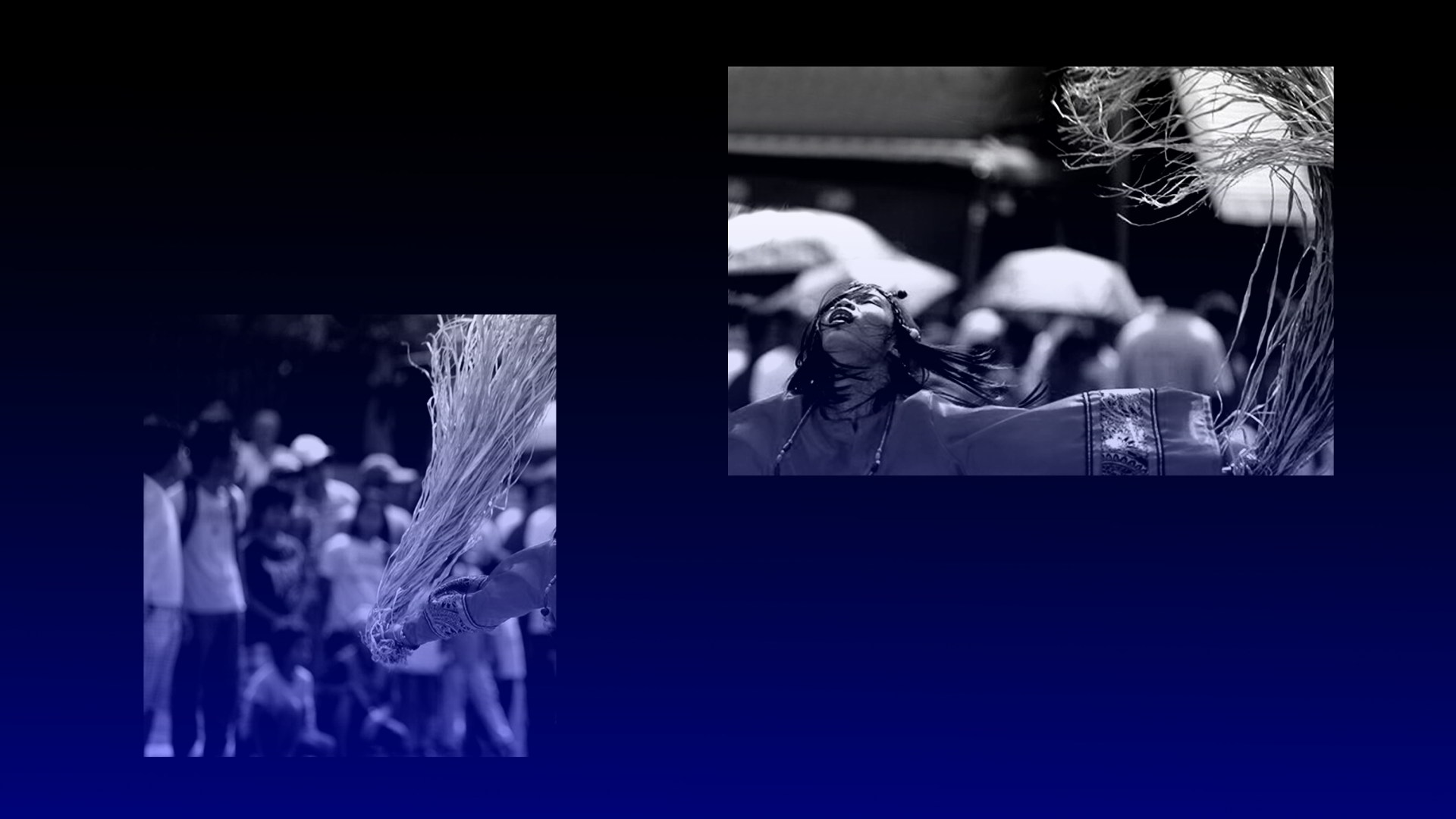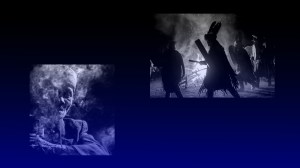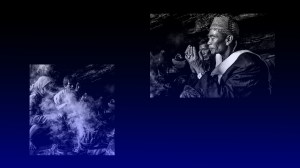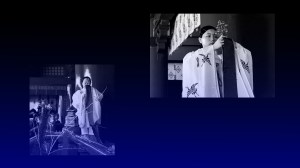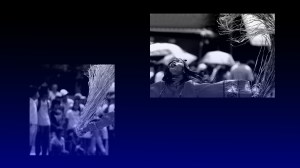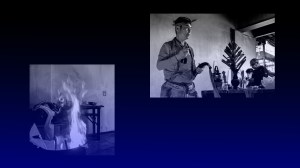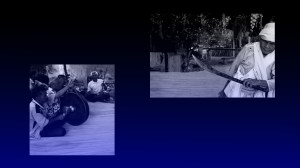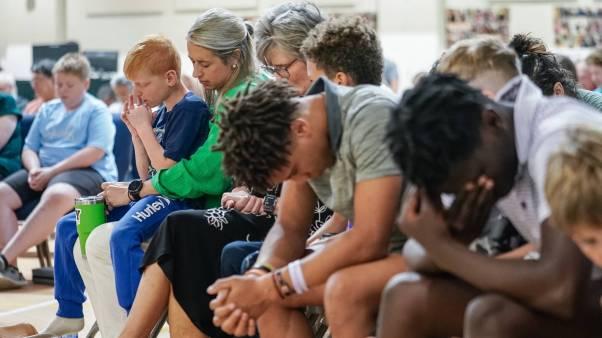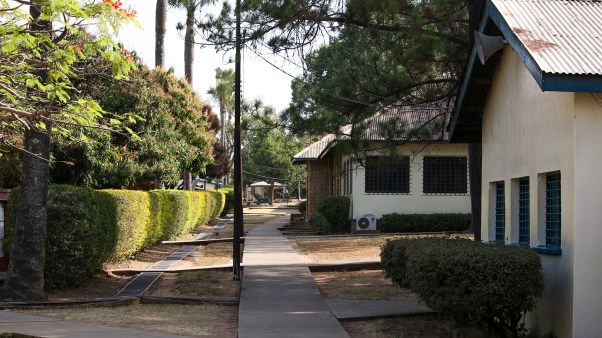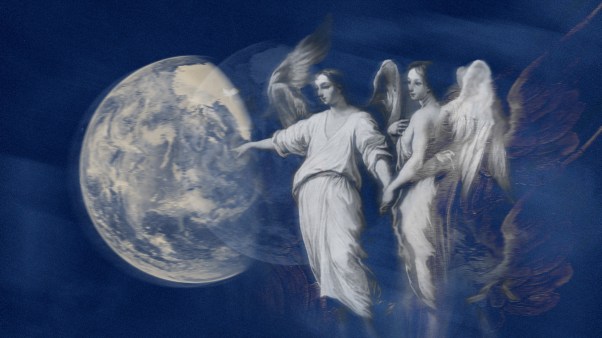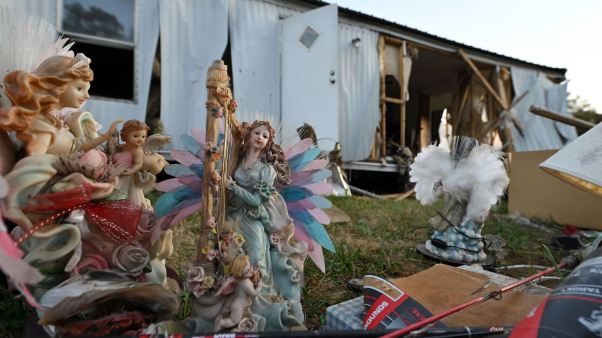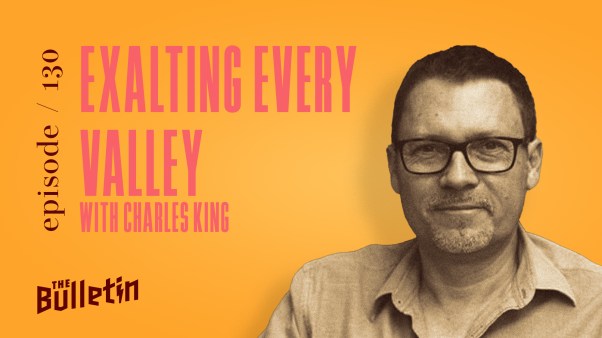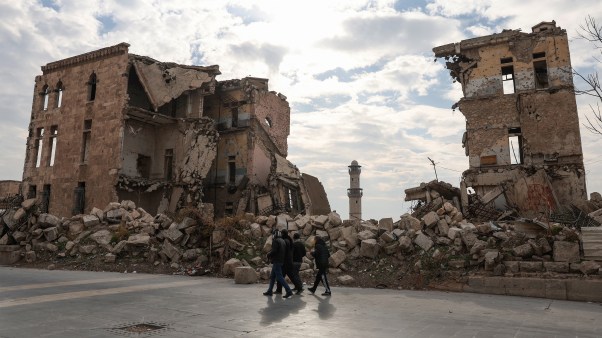In this series
Every aspect of life in precolonial Philippines was religious. When the Spanish came in 1521, they brought Catholicism with them. Some Filipinos converted without changing their worldviews. Instead of venerating the deities of pre-Spanish traditional practices, Filipinos switched to venerating Catholic saints that performed the same functions—what we call folk Catholicism today.
The average Filipino sees no contradiction between going to a Catholic priest for forgiveness of sin and to a witchdoctor for healing. Many grow up doing both, as the Catholic church does not take a hard stand against folk rituals and practices.
Instead of shamans, Filipinos use the term witch doctors. Witch doctors are generally seen as honored members of society who care well for people seeking treatment for physical and psychological ailments. Sorcerers, meanwhile, are the “bad boys” of society who place curses and hexes on people.
There are two types of witch doctors in the country. The albularyo use divinatory practices to determine and diagnose illnesses, prescribe herbal remedies, and use various incantations in their healing processes. They will often write out a mantra called an oración—from the Spanish word for prayer—that can be written on paper and swallowed with water. In some cases, the mantra is tattooed on the client’s skin.
Another kind of witch doctor, the espiritista, will often be possessed by a spirit and go into a trancelike state before prescribing a remedy. When the spirit leaves their body, they remember nothing about what they did during that time. Some are also known to be able to put their hand inside of a human body with no medical instruments, no incision, and no scars left behind to allegedly perform healing.
The practice of seeing a witch doctor persists in the Philippines because modern society doesn’t address people’s deepest felt needs: How do I know my children are going to be successful or healthy? How do I know what the right day to get married is? The desire to connect with the supernatural is very strong, and no amount of cell phone technology or the internet is going to alter that.
Filipinos shouldn’t lose their desire for the supernatural. Christian leaders can redirect this desire toward God alone, not the Virgin Mary, the saints, or spirits. The goal is not to eradicate the worldview of the Filipinos but to transform it. The amulets, talismans, and paraphernalia used in witch-doctor practices ultimately have to be confronted and destroyed, but that process won’t happen right away.
People need time and discipleship needs to happen, especially as evangelical Christianity in the Philippines has tended to ignore issues relating to shamanism. Pentecostal missionaries, however, had a greater openness to the spirit world when they arrived in the country, even if they came with the same biases as other evangelical missionaries.
One verse in Scripture that challenges shamanistic practices is Exodus 12:12, where God says, “I will bring judgment on all the gods of Egypt.” God reveals the utter impotence of the other gods. Another Bible verse I often refer to is Colossians 2:15, where Jesus publicly held up the powers of darkness for display at the Cross, much like a Roman conqueror dragging slaves with him into town when he returned victorious in battle.
These verses strengthen my faith and my resolve that we deal with these issues. I encourage pastors to teach in ways that deal with a person’s worldview instead of just addressing behavioral issues. A theology of creation is critical to dealing with worldview, because many Filipinos think that the spirits control the weather, fertility, and other experiences they face.
I interviewed 70 witch doctors in the Philippines as part of my master’s thesis research in 1997. All but one allowed me to observe their ceremonies and pray for them. The witch doctor who wanted us to leave her healing session had entered an altered state of consciousness but found it “too noisy” with us there. My team and I were excited because we felt that the demon spirit she claimed was possessing her could not move with the Spirit of God dwelling in us while we were present.
Another time, as we observed a group of fellow witch doctors going into a trance, I asked an espiritista, “Do we know what spirit is occupying and possessing them?” She replied, “Well, it could be the spirit of Saint Peter, San Antonio di Padua [Anthony of Padua], or the Holy Spirit. We won’t know until the end of the session when the spirit reveals itself.”
As long as people get healed, they very seldom question the source, which is one of the things that makes these practices dangerous—because people don’t realize what spirits they are dealing with and that these supernatural forces are in rebellion against God.
Dave Johnson is the editor of the Asian Journal of Pentecostal Studies at the Asia Pacific Theological Seminary. Read more in our series’ lead article, Shamans, Sorcerers, and Spirits: How Christians in Asia Grapple with the Supernatural.

